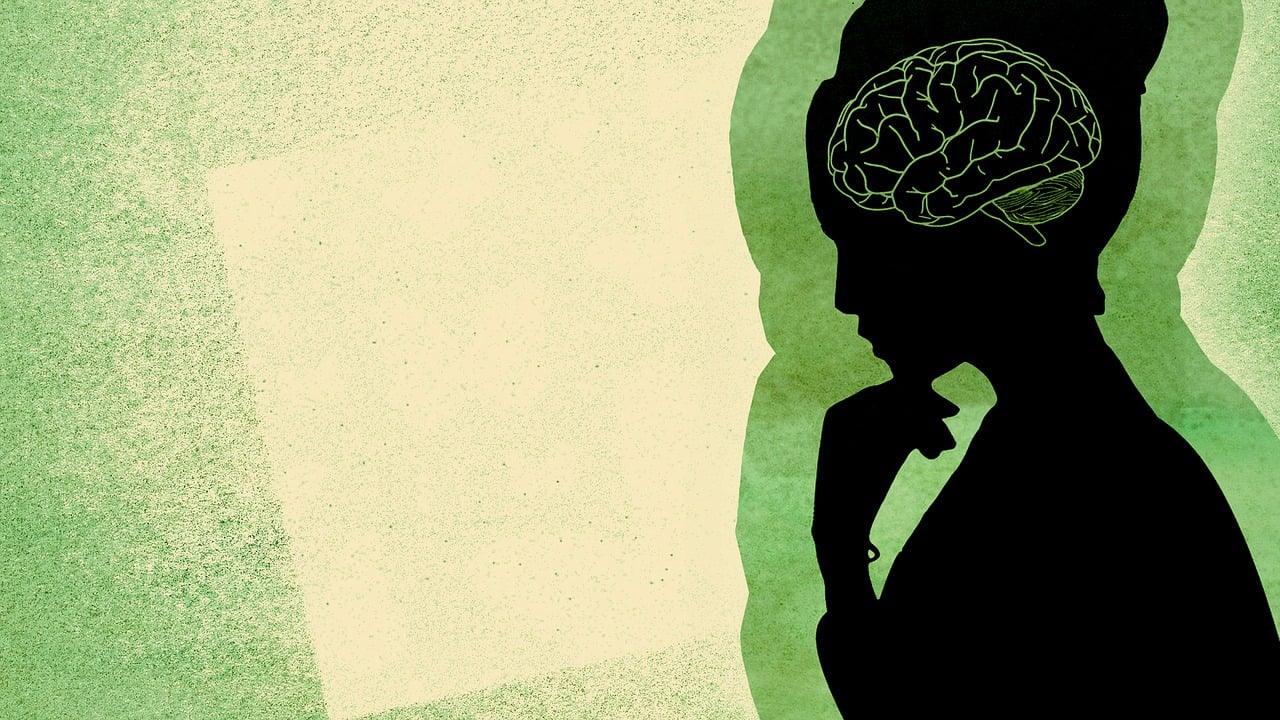Now Reading: When Mental Health Becomes the Deciding Factor in a Criminal Case and How Courts Interpret It
-
01
When Mental Health Becomes the Deciding Factor in a Criminal Case and How Courts Interpret It

When Mental Health Becomes the Deciding Factor in a Criminal Case and How Courts Interpret It
In many trials, the real question isn’t guilt or innocence, it’s whether the defendant’s state of mind is fully understood. An Indianapolis law firm for criminal cases often works with psychologists and medical experts to explain how mental health can shape both actions and accountability. These cases remind us that justice requires empathy as much as evidence.
The Role of Mental Health in Determining Criminal Responsibility
Mental health can drastically alter how courts interpret intent, responsibility, and capacity. In some cases, a person’s actions may meet the definition of a crime, but their mental state at the time raises deeper questions. Did they understand what they were doing? Could they distinguish right from wrong?
Courts use these questions to determine whether a mental illness affected the defendant’s ability to form intent or control behavior. While insanity defenses are rare, mental health considerations often play a subtler role—reducing charges, influencing sentencing, or shaping rehabilitation plans. Judges must weigh the fine line between compassion and accountability, making expert testimony crucial.
Expert Testimony and Psychological Evaluation
Psychiatrists and psychologists are essential liaisons between the medical and legal fields. Their assessments shed light on how a defendant’s mental health affected their actions during the alleged offense. To provide a comprehensive picture of mental functioning, these specialists use standardized tests, interview patients, and examine medical records.
The veracity and clarity of these reports can have a significant impact on a case for lawyers. They assist decision-makers in seeing past outward behavior by translating complex medical findings into language a judge or jury can understand. To avoid bias or misunderstanding, a defense lawyer’s job is to ensure that these professional opinions are communicated truthfully and convincingly.
The Fine Line Between Illness and Intent
One of the biggest challenges in such cases is distinguishing mental illness from deliberate misconduct. A person suffering from severe depression, bipolar disorder, or schizophrenia may act unpredictably or impulsively. However, not every symptom justifies diminished responsibility.
Courts carefully analyze whether the illness directly contributed to the act or simply coexisted with it. Defense teams must show not just that a disorder exists, but that it impaired decision-making at the critical moment. This distinction often determines whether a person receives treatment in a medical facility or punishment in a correctional setting.
How Courts Interpret Mental Health Evidence
The law ultimately determines the weight that mental health evidence carries, although juries and judges rely on expert interpretation. While some states allow more latitude in how psychological factors affect sentencing, others have more restrictive definitions of insanity or competency.
Mental health may be considered mental health at both the guilt and sentencing stages. A defendant’s diagnosis may lessen punishment even if they are found competent to stand trial. For instance, alternative sentencing, such as required therapy or treatment instead of incarceration, may be used to show that an untreated condition influenced impulsive behavior.
The Importance of Early Legal and Medical Collaboration
Early detection of mental health concerns in a case can influence the defense strategy as a whole when lawyers and medical experts work together. Attorneys can prepare evidence that emphasizes the need for understanding rather than punishment, request competency evaluations, and review treatment records.
Additionally, this collaboration helps guarantee that the defendant receives the care they need during the court proceedings. Courts occasionally postpone proceedings to provide for treatment or stabilization. A strong defense based on medical knowledge can mean the difference between a fair assessment and an unfair result.
The Impact of Stigma in the Courtroom
Even with increased awareness, the stigma associated with mental illness continues to influence how cases are viewed. Psychiatric disorders may be linked to risk or uncertainty by certain jurors and even legal experts. This prejudice can affect decisions, particularly when mental health is viewed as a justification rather than a valid consideration.
To educate juries, lawyers must take great care to emphasize that mental illness is a medical condition rather than a moral failing. Evidence of mental health issues can change the conversation from one of blame to one of understanding when it is presented with compassion and clarity. Recognizing this difference brings courts one step closer to a justice system that prioritizes rehabilitation over retaliation.
Restoring Balance Between Law and Humanity
The inclusion of mental health in criminal law is not about excusing behavior but about ensuring fairness. The justice system’s challenge lies in balancing the rights of victims, the accountability of defendants, and the societal need for compassion. Cases that involve mental illness test this balance in profound ways.
When courts approach these cases with both legal precision and empathy, they reaffirm that justice is not only about punishment but also about understanding the full human story behind an act.
Final Thoughts
Mental health continues to redefine how courts view intent, responsibility, and fairness in criminal cases. An Indianapolis law firm for criminal cases that works closely with medical experts ensures that each defendant is judged with both reason and humanity. As awareness grows, the legal system evolves toward a model where compassion and accountability coexist, making justice more complete for everyone involved.










